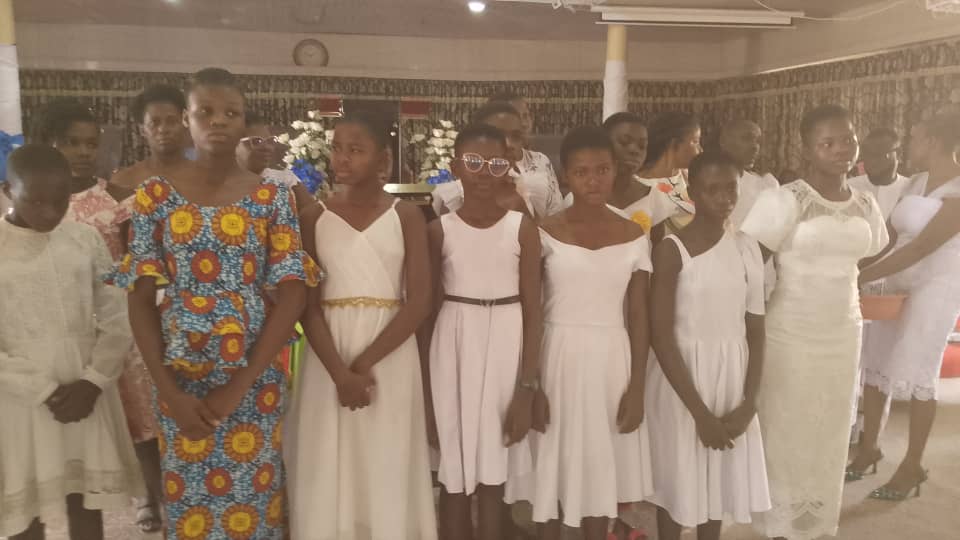The Seventh-Day Adventist (SDA) Church in Ghana’s Wenchi West District celebrated twenty young girls for maintaining their virginity, sparking a complex conversation around cultural practices, religious beliefs, and the empowerment of young women. This event, organized by the Young Adventist Women Ministries, aimed to promote moral integrity among adolescent girls within the framework of Christian and traditional values. The ceremony, which included undisclosed financial support for the girls aged 13 to 16, raises questions about the appropriate methods of encouraging virtuous behavior and the potential implications of tying financial incentives to personal choices, particularly in a sensitive area like sexual purity.
The celebration, while seemingly intended to uplift and empower young women, also draws attention to the broader societal pressures and cultural expectations placed upon female sexuality. The explicit reference to virginity as a marker of moral worth raises concerns about the perpetuation of outdated views on female purity and the potential for such celebrations to inadvertently shame or exclude those who have different experiences. The emphasis on virginity as a primary virtue for young women also risks overlooking other important aspects of their development, such as educational attainment, personal growth, and the development of healthy relationships.
The event organizers invoked the historical context of the Bragoro or Dipo rite, a traditional Ghanaian coming-of-age ceremony, to emphasize the cultural significance of preserving virginity. While acknowledging the historical role of such rites in regulating teenage pregnancies and emphasizing the societal value placed on female virtue, it’s crucial to consider the evolving cultural landscape and the potential for such comparisons to reinforce harmful stereotypes. Modern interpretations of female empowerment should prioritize informed consent, comprehensive sexual education, and the development of agency in making personal choices, rather than solely focusing on abstinence.
The ceremony also underscores the influence of religious institutions in shaping social norms and expectations, particularly concerning female sexuality. The church’s active role in promoting abstinence reflects its theological stance and commitment to traditional moral values. While religious freedom allows for such teachings within faith communities, it’s important to consider the potential impact on individuals’ autonomy and the potential for creating a judgmental environment for those who may not adhere to these specific beliefs. Open dialogue about healthy sexual development and responsible decision-making is crucial, particularly for adolescents navigating complex social and cultural influences.
The involvement of parents in guiding their children towards virtuous living, as advocated by the church leaders, highlights the crucial role families play in shaping young people’s moral compass. While parental guidance is undoubtedly important, it’s essential to ensure that such guidance promotes healthy communication and respects individual autonomy. Creating a safe space for open conversations about sexuality, relationships, and personal values is vital for empowering young people to make informed decisions and navigate the complexities of adolescence. Overly restrictive or fear-based approaches can be counterproductive and may hinder the development of healthy attitudes towards sexuality.
Ultimately, the celebration of virginity within the SDA church reflects a complex interplay of cultural, religious, and societal factors that influence perceptions of female sexuality. While the intention may be to uplift and empower young women, it’s essential to critically examine the underlying messages and potential consequences of such celebrations. Promoting a holistic approach to female empowerment that prioritizes education, personal agency, and comprehensive sexual health education, rather than solely focusing on abstinence, is crucial for fostering a more supportive and inclusive environment for all young women. This requires a nuanced understanding of cultural context, religious freedom, and the evolving understanding of female sexuality in contemporary society.














